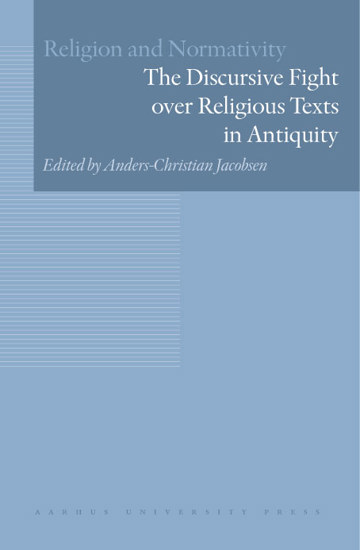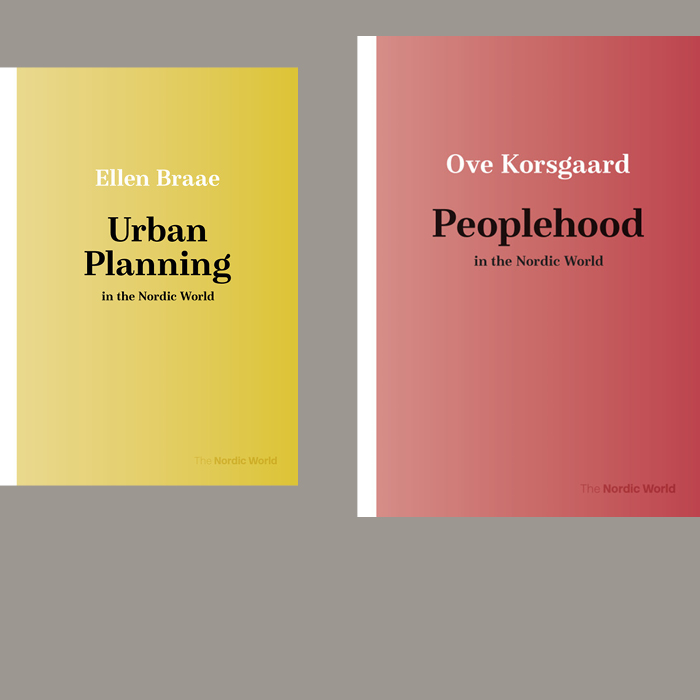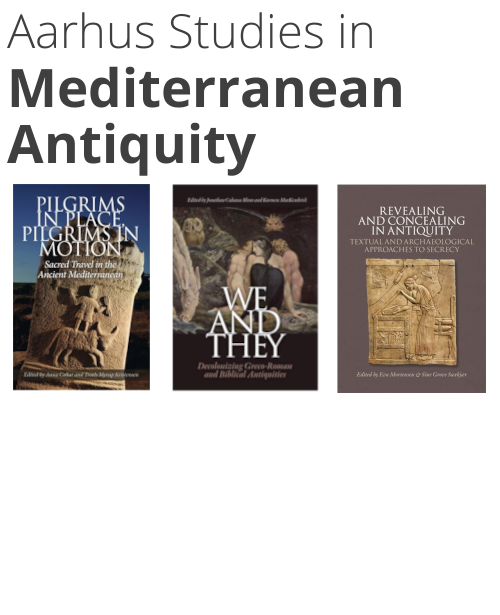
The Discursive Fight over Religious Texts in Antiquity
Out of stock
Edited by
Anders-Christian Jacobsen
With contributions by
Bart Vanden Auweele,
Carmen Cvetkovic,
Jakob Engberg,
René Falkenberg,
Jennifer Hart,
Else Kragelund Holt,
Jesper Hyldahl,
Anders-Christian Jacobsen,
Gitte Lønstrup,
Nils Arne Pedersen,
Anders Klostergaard Petersen,
Karla Pollmann and
Jörg Ulrich
More about the book
About the book
As indicated by the title, this volume focuses on an area of conflict that became decisive for the development of Christianity, i.e. which group of texts should be regarded as normative for the preaching of the Christian faith, and how these texts should be interpreted. Several centuries were to pass however before there was consensus in the Church on this matter. There were no foregone conclusions and a great number of disputes arose. The most viable opinions therefore are reflected in the texts that, together, form the New Testament canon.
Through many years, Christians as a religious and social group established their own identity, giving preferential treatment to a certain collection of texts which became normative for the lives and worldview of the believers. Frictions can arise however, even in a religious community that agrees on the delimitation of the texts that form the basis of their faith. These frictions were expressed in interpretations of the canonical texts.
The aim of this volume is to elucidate the processes in the history of early Christianity that became important for the formation and interpretation of the New Testament canon. The first part of the book deals with theoretical questions, while the second part provides examples of concrete discussions about the formation and interpretation of the normative biblical canon. The last chapter in addition presents a process parallel to the formation of the biblical canon, namely the formation of the Mandaean corpus of normative texts.
For purchases outside of Denmark:
If you are located in the USA or Canada, please contact our US distributor, Longleaf Services, at orders@longleafservices.org or +1 919-503-6590.
For purchases in all other countries, you can find the title through our global distributor, The Mare Nostrum Group, here: https://mngbookshop.co.uk




